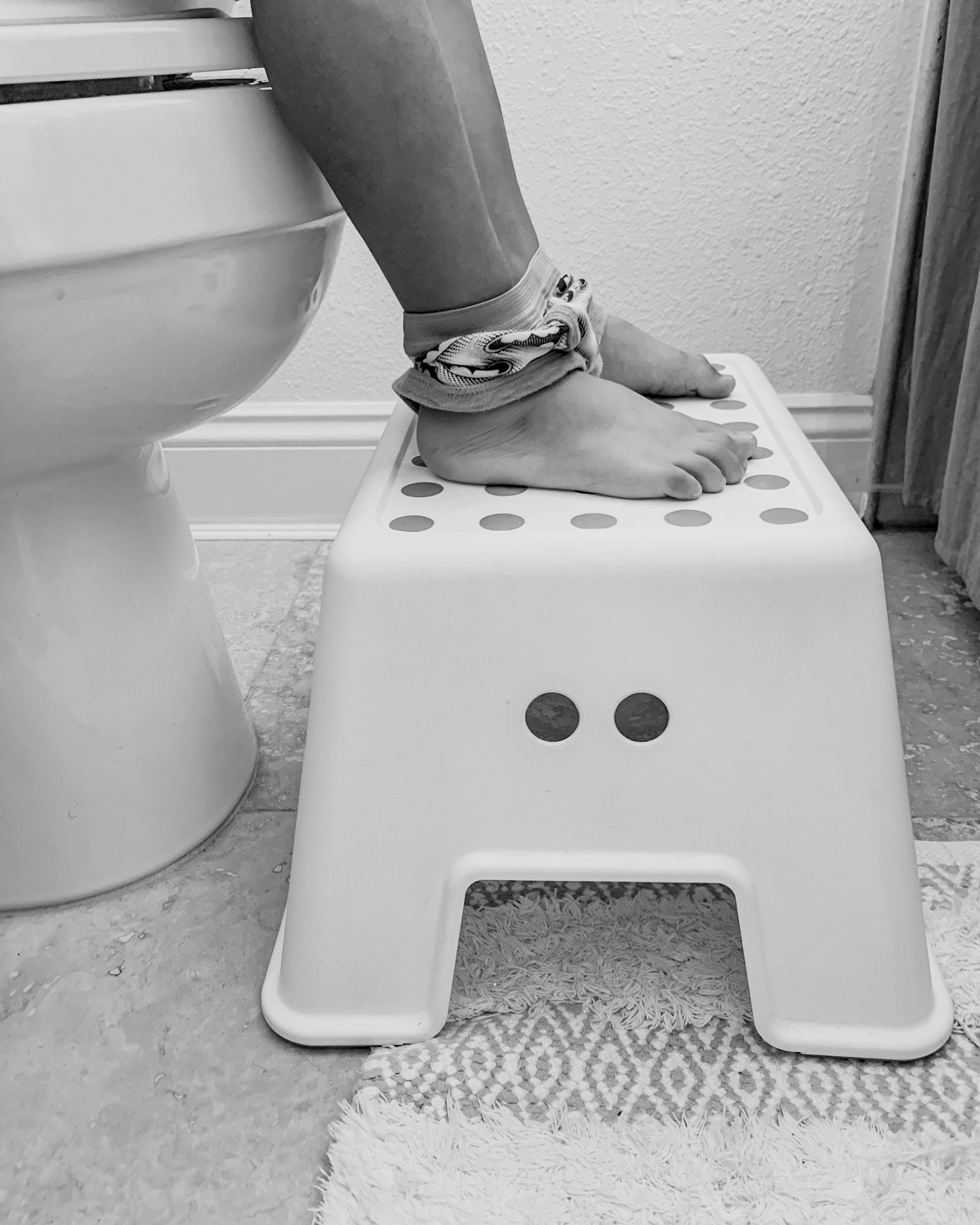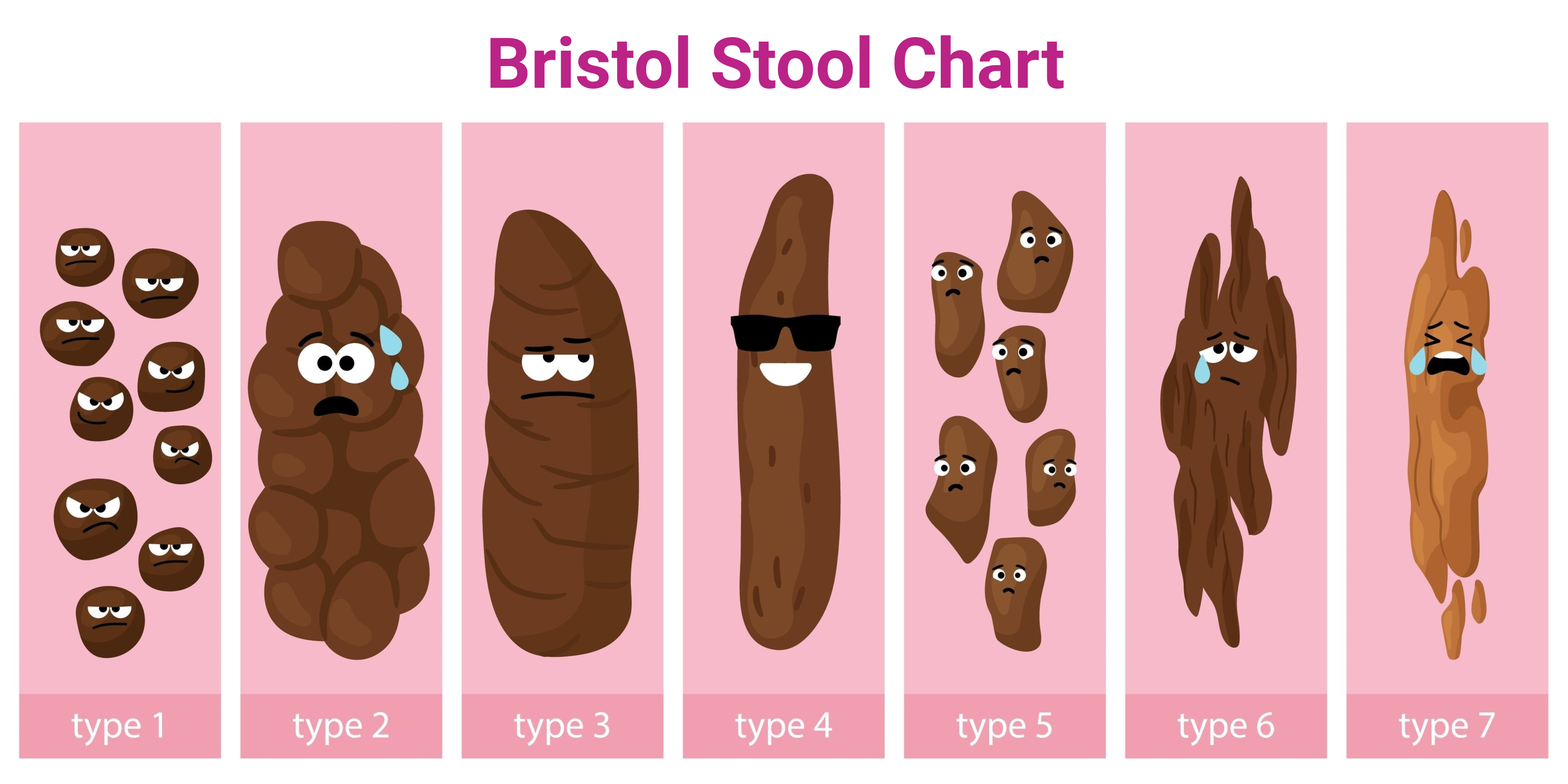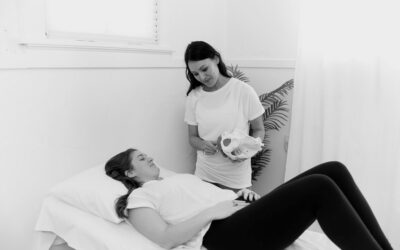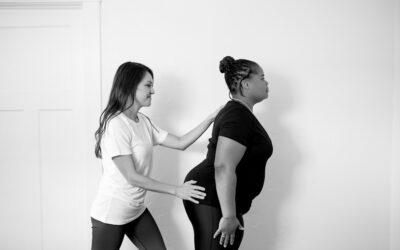When you’re a kid, learning the ins and outs of going to the bathroom isn’t always a smooth journey. From picky eating to clothing struggles and a rigid schedule at school, many factors can affect your child’s bathroom habits.
Pediatric pelvic floor therapy is a specialized form of physical therapy that addresses bowel and bladder issues in children. This important treatment can significantly improve a child’s quality of life by addressing various pelvic floor dysfunctions. Keep reading to understand what normal function looks like, common issues, and how pediatric pelvic floor physical therapy can help.
Normal bowel and bladder function in kids
To help you understand if your child needs a pediatric pelvic floor physical therapist, it can help to know what “normal” bowel and bladder function looks like first.
By age 5, most children should have full daytime bowel and bladder control. They should pee 4 to 7 times per day, empty their bladder completely without straining, and stay dry through the night.
For bowel function, they should have regular, easy bowel movements without pain or straining.1 Importantly, their poop should be somewhere on the spectrum of soft and formed like a smooth snake to mushy with ragged edges. Check out type 4 or 5 on the Bristol stool chart below for more info.
Common bowel and bladder issues in children
Pediatric pelvic floor dysfunction can manifest as various peeing and pooping issues in kids. Bowel and bladder dysfunction (BBD) is a term used to describe these elimination issues, which usually occur together thanks to their close proximity and because they share the same group of muscles (pelvic floor muscles) and nerves.2
BBD has symptoms including:
- Urinary incontinence (day or night)
- Frequent or infrequent urination
- Sudden urges to pee
- Interrupted or weak urinary flow
- Painful urination
- Bedwetting after age 5
- Pelvic pain
- Constipation
- Encopresis (loss of liquid or solid stool)
These issues can impact your child’s self-esteem, social interactions, and overall quality of life. If left untreated, BBD can lead to more serious complications like UTIs or even renal scarring and kidney failure.2
How pediatric pelvic floor physical therapy can help
Pediatric pelvic floor physical therapy is an effective treatment approach for many of these bowel and bladder issues. Physical therapists work with children to:
- Learn about their body and bowel and bladder function
- Strengthen or relax pelvic floor muscles
- Improve muscle coordination
- Teach proper toileting techniques
- Address underlying physical issues
- Provide tips and tricks for toileting stressors
Treatment sessions may also include physical therapy exercises, biofeedback, and education for both you and your child.
What to expect in pediatric pelvic floor therapy
The first step in pediatric pelvic floor physical therapy is a comprehensive evaluation, including:
- Reviewing medical history
- Discussing symptoms and their impact
- Assessing posture, breathing, and coordination
- Evaluating toileting habits
Your physical therapist will develop a personalized treatment plan that may include:
- Pelvic floor exercises
- Breathing techniques
- Behavioral modifications
- Biofeedback training
- Education on diet and fluid intake
Pediatric pelvic floor therapy often involves collaborating with the child’s care team, addressing emotional factors, and educating you on supporting progress.
How to get started with pediatric pelvic floor therapy
Pediatric pelvic floor therapy is a valuable treatment option for children experiencing bowel and bladder dysfunction. By working with skilled physical therapists, your child can overcome these challenges. If your child is experiencing pelvic floor issues, don’t wait to get help.
Take the first step towards improving your child’s pelvic health by scheduling a virtual consult with a physical therapist today. Our online sessions offer education and practical guidance to help your child’s symptoms, all from the comfort of your home. Sign up now so we can help you get started!
References:
- Reeves, PT. (2024). Constipation in children. healthchildren.org
- Santos JD, et al. (2017). Bladder and bowel dysfunction in children: An update on the diagnosis and treatment of a common, but underdiagnosed pediatric problem. Can Urol Assoc J.





